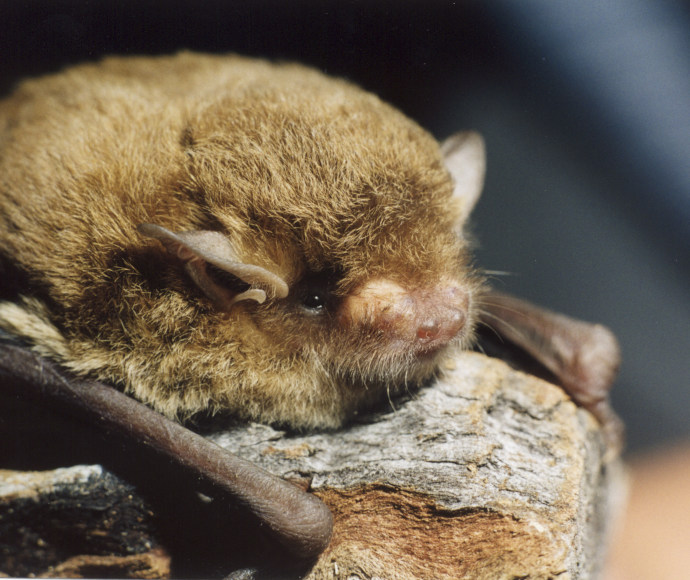Bats in Backyards project soars to new heights in Nyngan, Mungindi and Weemelah
The Bats in Backyards project is spreading its wings, expanding its crucial research efforts to Nyngan, Mungindi, and Weemelah.
Farmers and rural landholders in Nyngan, Mungindi and Weemelah are invited to join the effort by participating in a survey in March 2024.
The natural pest control services provided by insectivorous bats contribute a staggering $63.6 million annually in avoided cotton yield damage to the Australian cotton industry.
Over a period of 3 to 5 days, volunteer landholders will be equipped with bat detectors which will capture the high-frequency echolocation calls from bats soaring high overhead.
Participating citizen scientists will receive a personalised report detailing each bat species detected above their property, their preferred habitat and food sources, as well as recommendations for their protection and conservation.
There are 34 species of insect-eating bats in New South Wales, 18 of which are listed as threatened.
For more information on how to get involved, visit Bats in Backyards.
Quotes attributed to Saving our Species Senior Threatened Species Officer, Jess Peterie:
'By expanding the Bats in Backyards program to Nyngan, Mungindi and Weemelah, we’re hoping to uncover more information about the critical role insectivorous bats play in maintaining the delicate balance of our rural ecosystems.
'Farmers and rural landholders are frontline warriors in a battle against agricultural pests, and insectivorous bats are their unsung allies.
'These nocturnal marvels are capable of consuming their own body weight in insects every night, offering a sustainable and cost-effective alternative to insecticide application.
'By understanding more about the bats that live in the local area, what they eat and where they prefer to live, we can better focus our conservation efforts.
'This research not only benefits the local agricultural industry but also contributes to the conservation of threatened bat species.'
